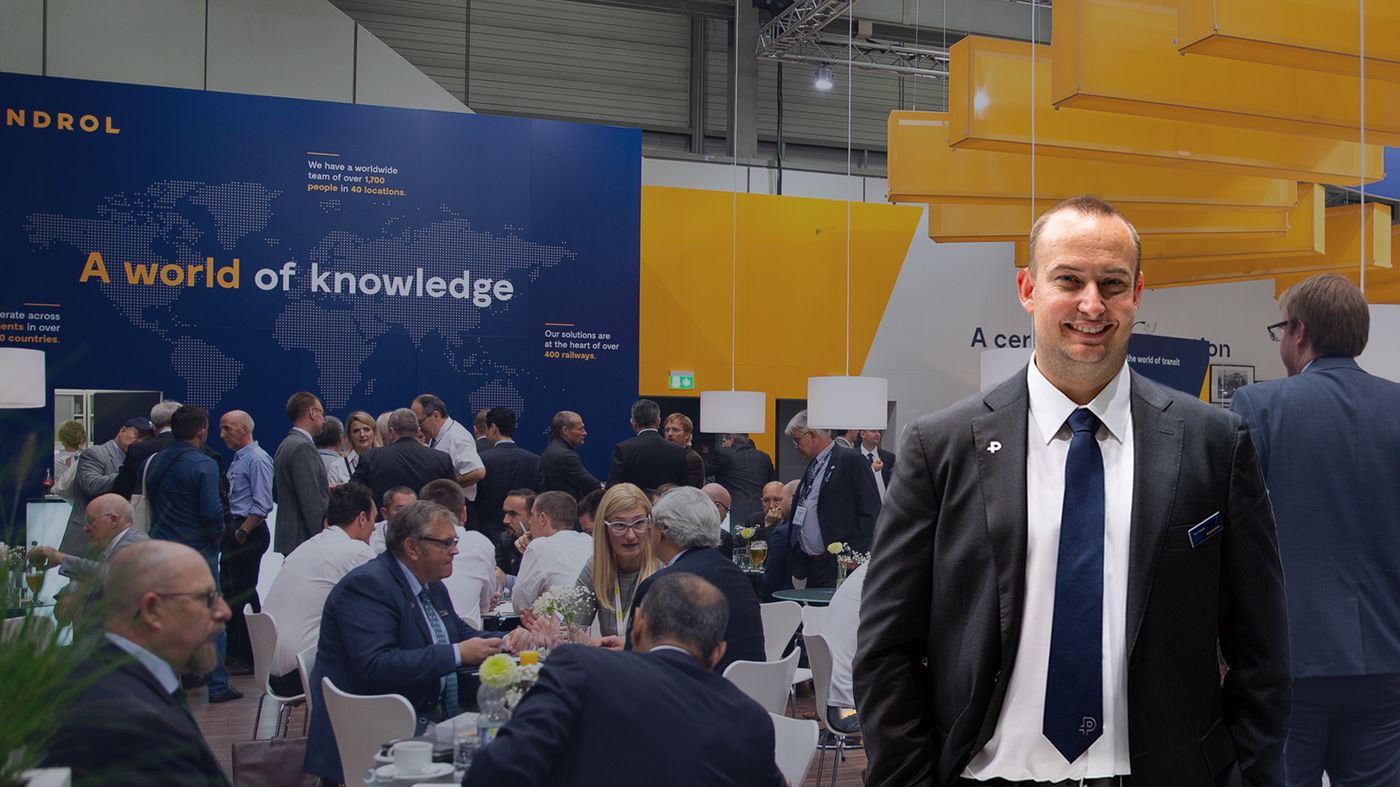Author: Pandrol
Ask the expert: Welding training in the Asia Pacific region
Share
We discuss welding training in the Asia Pacific region with Tim Hoare, General manager for Aluminothermic welding and Equipment, Asia Pacific

What type of training do you offer?
In the Asia Pacific (APAC) region we provide training, specifically for welding, for operators and supervisors. Each type of training has its own format and focus. For operators the key is performing the process correctly, safely and consistently. For supervisors we focus on aiding the operator and looking out for key indicators during the process of the achieving the highest quality outcomes. In both cases we cover the reasons that the parameters in the work methods are critical to follow. All training has a theory and practical component.
During training the use of machines from Pandrol’s equipment division is usually discussed and demonstrated as the equipment for cutting, shearing and grinding. This adds another dimensional element to the training that makes Pandrol unique.
Which countries do you work in?
We are responsible for training in South East Asia (Singapore, Hong Kong, Indonesia, Thailand etc.), Australia and New Zealand.
Who is this training for?
Training is aimed at those directly involved in welding, either rail welders, or their direct management, i.e supervisors, team leaders or superintendents. Training and information sessions are also conducted with Senior Level Engineers and Stakeholders to understand the importance and impact of rail welding in their projects and maintenance programmes.
What do you see as the main benefits of Pandrol’s training?
Pandrol’s training is integral to the installation of welds that will provide their peak performance. Welding is a skilful role requiring expertise and we support the trainee to install welds of the highest quality with the lowest defect rate due to good welding practices. The Customer (or asset owner) benefits from welds that are structurally sound, providing a joint with a life that is equal to the life of the rail. It is a requirement that all welders be trained in the process they are installing, many network and asset owners insist on welders who have completed and obtained documented evidence of training.
Can you give an example of a recent project where you trained an installation team?
Singapore has seen an increased focus on training over the past 12 months. This demonstrates a high level of commitment by the customer to increase and monitor the skills of their welders, and this monitoring and continual training has seen increases in productivity and quality of installations.
Do you offer training in foreign languages?
Training is provided in local languages either via interpreter or local trainers who are bilingual, this is critical in South East Asia where the operators can be from a range of backgrounds.
What feedback do you get from those who you train?
Those who complete our training tell us that the theoretical side of the training is an important reinforcement of the practical side. They understand the importance of the right equipment and following the procedures precisely.